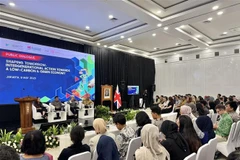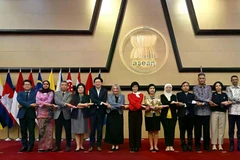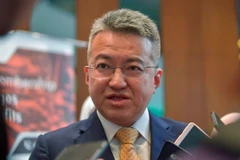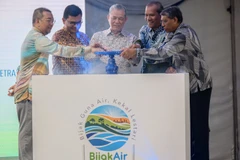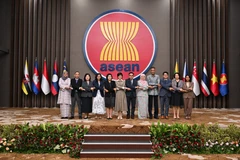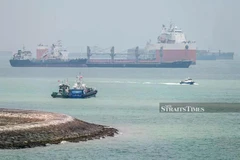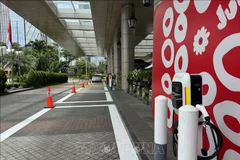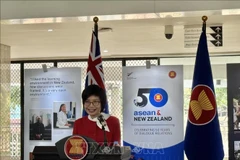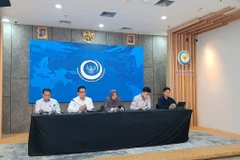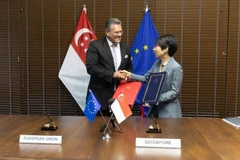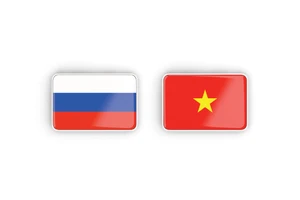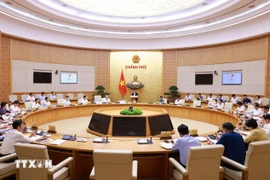Bangkok (VNA) - The Thai government will take tougher action against e-cigarette smokers, who can be charged with receiving smuggled products, according to a spokesman.
The government has stepped up suppression of e-cigarettes and related products, covering not only smugglers and distributors but also smokers, deputy government spokesman Anukul Prueksa-anurak said on April 24.
E-cigarette smokers can be prosecuted for receiving smuggled products, he said.
Under the nation’s Customs Act, the offence carries a jail term of up to five years and/or a fine equivalent to four times as much as the prices of smuggled products plus any duty.
E-cigarettes are illegal in Thailand but that has not stopped them from being openly sold, even in areas near schools, leading to an alarming increase in vaping among young people. The recent hospitalisation of teens with lung damage has drawn further attention to the problem.
The percentage of vape users among Thai people aged 15-29 years rose from 5.8% in 2019 to 12.2% in 2024, according to Anukul.
Thai Prime Minister Paetongtarn Shinawatra recently ordered a serious crackdown on e-cigarettes, particularly online sales channels.
Anukul said that in the two months since the crackdown began, sales and the number of e-cigarette users had dropped by more than 80%./.




